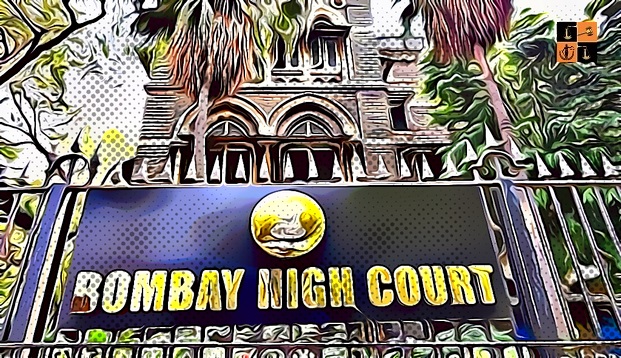The Bombay High Court is set to determine an important legal issue regarding the National Investigation Agency (NIA) Act. The court will decide whether it can entertain appeals for bail under Section 21 of the NIA Act that are filed after the statutory period of 90 days has elapsed.
A division bench consisting of Justice Revati Mohite Dere and Gauri Godse appointed senior advocates Aabad Ponda and Sharan Jagtiani as amicus curiae to assist the court in resolving this legal question, which has arisen in two appeals before it.
The first case involves Vinayak Shinde, a dismissed police officer accused in the Antilia bomb scare case, which was followed by the death of businessman Mansukh Hiran. Shinde's appeal for bail was filed after a delay of 299 days. He sought bail, citing parity with co-accused Naresh Gaur, who was granted bail by the special NIA court, and his bail was upheld by the High Court. Shinde's bail application was rejected by the special NIA court, leading him to approach the High Court.
The second NIA appeal before the court is filed by Faizal Mirza, who is seeking to condone the delay of 835 days in deciding his bail application. Mirza was arrested by the Maharashtra Anti-Terrorism Squad and is accused of conspiring with Pakistan-based terror organizations to carry out attacks in Mumbai, Gujarat, and Uttar Pradesh. His case was transferred to the NIA in 2018.
The NIA contends that appeals filed under Section 21 of the NIA Act after the mandatory 90-day period cannot be entertained and must be dismissed outright. Section 21(5) of the Act specifies that every appeal under this provision should be filed within 30 days. The High Court may entertain an appeal after the expiry of this period, but no appeal shall be entertained after the expiry of 90 days.
The court has given the senior counsel two weeks to prepare their arguments on the law point. The matters will be listed for further hearing after two weeks.
The decision of the Bombay High Court on this legal issue will have significant implications for the handling of appeals under the NIA Act, particularly in alleged terror cases, and could set a precedent for future cases.
Source: Link
Picture Source :


























